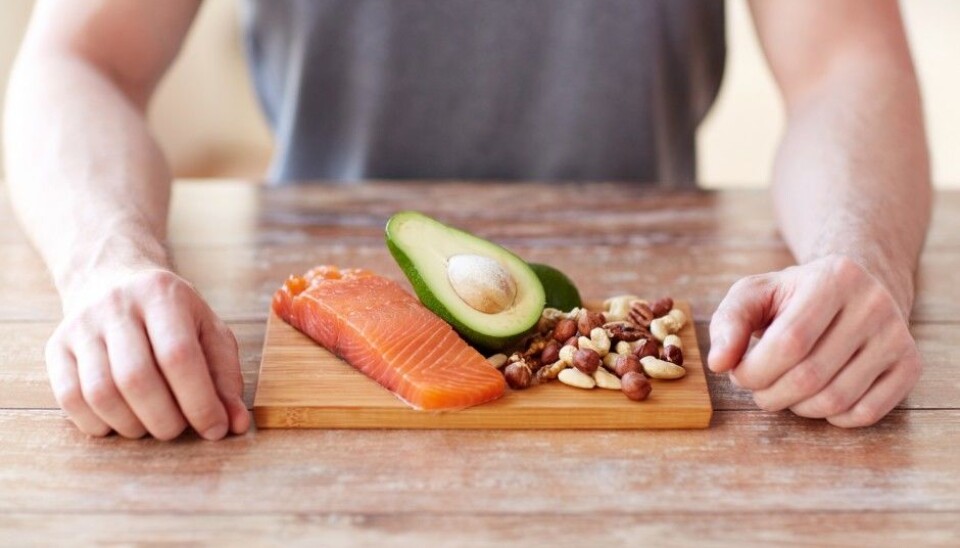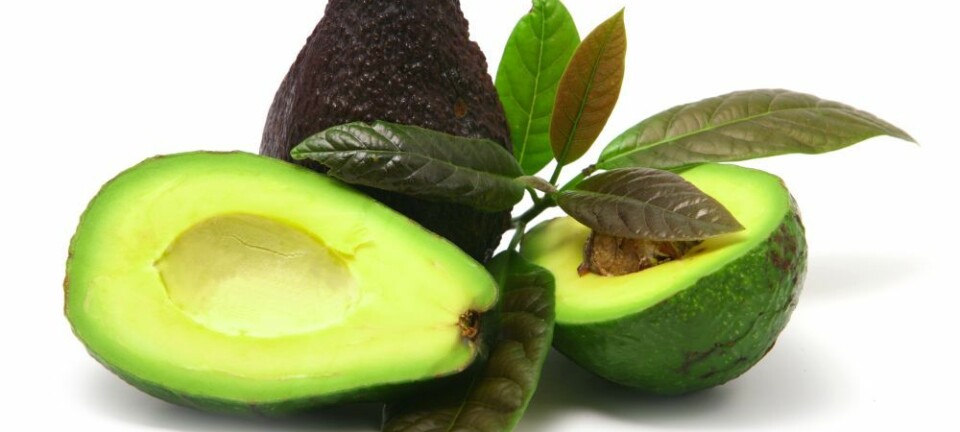
Healthier heart and liver with paleo diet
The food our predecessors ate in the Stone Age can reduce our risk of cardiovascular diseases and other maladies, according to a Swedish researcher.
“Our modern western lifestyle is the major cause of cardiovascular diseases. The reason might be that our metabolism is still programmed for living as hunter-gatherers,” says Julia Otten in a press release.
Otten has recently defended her PhD thesis at the Umeå University Faculty of Medicine’s Department of Public Health and Clinical Medicine. The dissertation consisted of four studies. All four point toward Stone Age – palaeolithic or simply “paleo” – foods helping us reduce obesity, liver fat, insulin sensitivity, blood fat, hypertension and related risk factors for lifestyle diseases.
Otten points out that those among native Inuit of Greenland who still live on a paleo diet have a lower rate of cardiovascular diseases.
Two years
In one of the studies by Otten, 70 overweight women in the age of menopause were split into two groups. One of them ate paleo food for two years while the control group ate healthily according to Nordic dietary recommendations.
Both groups were given instructions in food preparation for their diets. The women on the paleo diet stopped eating dairy products, grains, legumes and added salt and sugar. The control group increased their intake of whole grains, fruit, vegetables and fish, and kept to meat and dairy products that were low in fat.
Neither of the groups was told to reduce calorie intakes.
After six months it turned out that the women on the paleo diet had the biggest reductions in kilos, negative blood factors and liver fat levels. But after two years there was no longer any difference between the groups. According to the dissertation – and not surprising considering all the tasty modern food easily accessible in Sweden – the women eating as our prehistoric predecessors did had a tough time sticking to the diet for the entire period.
Another study by Otten indicated that a paleo diet can be helpful for persons with diabetes 2.
She got 32 type-2 diabetics to eat paleo food for 12 weeks and they lost weight, benefited from a reduction in muscle and liver fat, lowered their blood pressure and improved their insulin sensitivity.
No help from the gym?
The test group here also participated in three hour-long exercising periods per week, consisting of aerobic and weights training. Surprisingly, this was not helpful. The workouts did not lower their blood pressure or change their insulin sensitivity, and it turned out to supress the reduction of muscular and liver fat, spurred on by the paleo diet.
Calorie deficit of weight gives loss
Whether a paleo diet is really the best thing for us is still debated in medical and nutritionist circles.
“A paleo diet seems to be better for our health. At least for persons who are overweight or obese. But we need to know whether a person can realistically stick to the regimen before prescribing it,” says Associate Professor Thomas Meinert Larsen, of the University of Copenhagen’s Department of Nutrition, Exercise and Sports, in an article posted by ScienceNordic’s Danish partner, videnskab.dk.
Larsen commented on findings from 2014, which like Otten’s doctoral dissertation were based on overweight women. These too were menopausal. In this study as well, researchers found that the women on a paleo diet lost more weight than those in a control group for the first six months but they had a hard time sticking to the diet over a longer period. Both groups improved their cholesterol, blood pressure and insulin sensitivity levels.
Larsen thinks the women who ate Stone Age food lost the most weight because they had a lower calorie intake.
“In a paleo diet there are no starchy foods or grains and dairy products, so it is easier to maintain a calorie deficit,” says Larsen.
The Danish researcher believes that a paleo diet can be a healthy road to weight-loss, given that a person sticks with it. But he points out that dairy products have a lot of important nutrients and these shouldn’t be excluded in our diets.
--------------------------------------
Read the Norwegian version of this article at forskning.no
Translated by: Glenn Ostling







